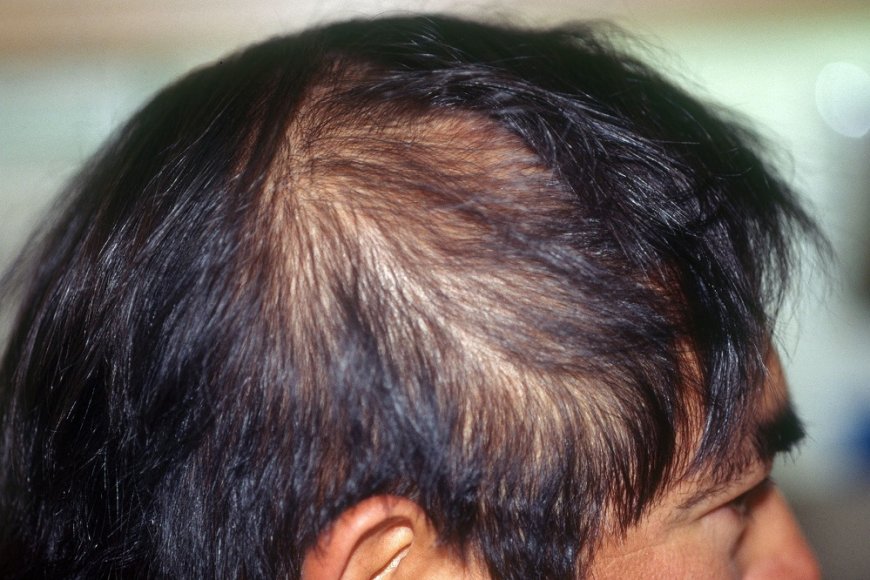Mental disorders and hair loss - a non-obvious but real link
Mental disorders affect the functioning of the entire body. There is a group of diseases in which psychological factors also cause hair loss,

Mental disorders affect the functioning of the entire body. There is a group of diseases in which psychological factors also cause hair loss, caused by, for example, mechanical factors. Few people know that there is a wide spectrum of psychological disorders associated with hair diseases.
Mental problems that cause changes in the scalp area include: dysmorphophobia, trichotillomania, trichotomania, trichodaganomania, trichoteiromania or dermatillomania. In the case of dysmorphophobia, we are dealing with a belief in an unsightly appearance, which can even take a neurotic form.
Compulsive hair pulling
Hair can also be an area of ‹‹distorted perception. A person with this disorder may feel they have too little hair or too much hair. Usually, this diagnosis is accompanied by other symptoms, such as mood disorders, anxiety disorders or personality disorders. Trichotilomania is a mental disorder where hair is pulled out. Hair is pulled out of certain areas of the scalp and sometimes other parts of the body.
Must Read: Injuries to children during the educational process: who is to blame and what to do to the teacher?
The compulsion to pull hair out is a compulsive activity. It is usually preceded by anxiety, anxiety, trauma or stress. The result may be the appearance of completely hairless areas on the skin. People tear their hair unconsciously or to relieve tension and stress.
Trichotilomania comes in various forms
There is also trichotomania, which is the compulsive cutting or shaving of hair. Trichodaganomania, which is a disease involving biting the hair by a patient, or trichotheiromania, when the patient, under the influence of stress, tension or fear, rubs his hair and scratches the hairy scalp, which causes loss and visible damage to the hair.
Disorders can result from both psychogenic and psychosomatic factors. Treatment requires a strong commitment on the part of the patient - equal to that required in addiction therapy. If, despite uncontrolled hair pulling, the follicles are not permanently damaged, the hair will grow back over time. However, when the process is slow or does not give the desired effects, especially in the case of the scalp, hair growth preparations can be used. Then it is also worth considering the use of professional trichological therapy.
